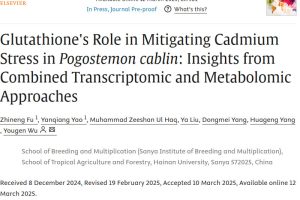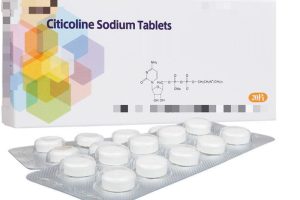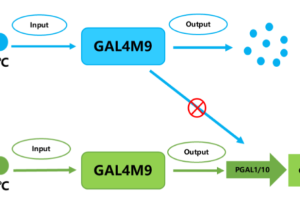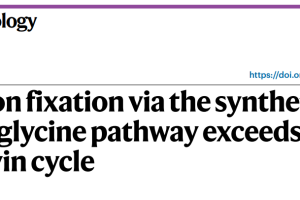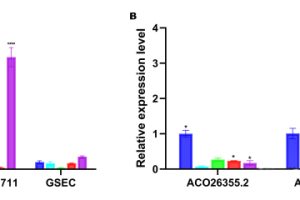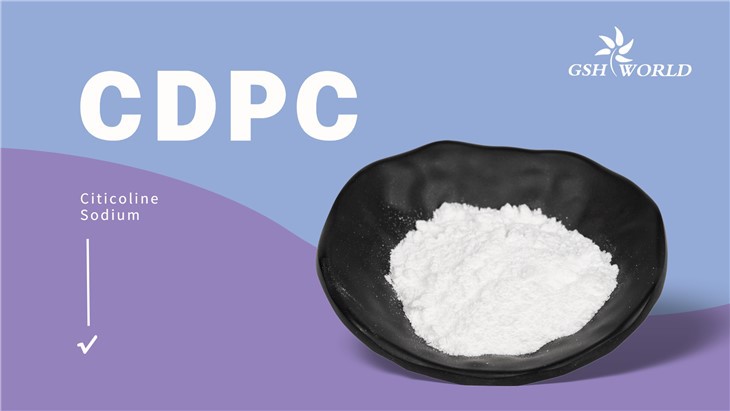Research introduction
The purpose of this study was to investigate the efficacy and side effects of different doses of citicoline in the treatment of acute cerebral infarction. Through a series of experiments and controlled studies, it has been found that high-dose citicoline has a significant effect in the treatment of acute cerebral infarction, and the effect of early application is better.
Although there is no significant difference in efficacy between different dose groups, citicoline is still recommended as a clinical reference drug due to its simplicity, time-saving and high efficiency.
The study also pointed out that the side effects of citicoline should not be ignored. Although the incidence of side effects was relatively low in the high-dose group, some patients still reported adverse effects such as headache and dizziness.
When using citicoline to treat acute cerebral infarction, doctors should closely observe the patient’s reaction to ensure the safe and effective treatment process.
Citicoline also shows potential application value in the treatment of stroke. Although the specific data are not detailed in this paper, its role in improving neurological deficits has been preliminarily confirmed.
Future studies may further explore the optimal dosage of citicoline and its synergistic effect with other therapeutic methods in order to improve the therapeutic effect.
Citicoline, as a brain metabolic activator, has certain efficacy in the treatment of acute cerebral infarction and stroke, but the appropriate dosage should be selected according to the specific conditions of patients under the premise of ensuring patient safety.
Part 1 Research background
Acute cerebral infarction, as a major public health problem worldwide, seriously affects the quality of life and life safety of patients. With the aging of the population, the incidence of cerebrovascular diseases is increasing year by year. Cerebral infarction, as one of the common types, has become the focus of medical research to improve its therapeutic effect and prognosis.
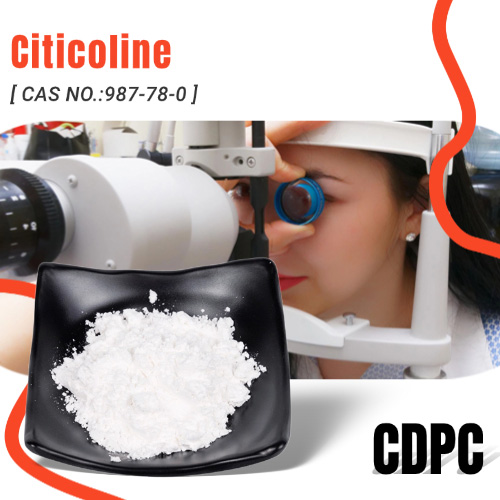
Citicoline, as a brain metabolic activator, has been widely studied and used in the treatment of cerebral infarction due to its properties of improving nerve function, alleviating cerebral ischemic injury, promoting phospholipid anabolism, reducing blood viscosity and increasing cerebral blood flow.
The optimal dose of citicoline and the choice of therapeutic timing are still controversial and uncertain in academic and clinical practice.
Although previous studies have shown the therapeutic potential of citicoline, the comparative analysis of the effects of different doses is insufficient. In particular, the trade-off between the safety and efficacy of large doses of citicoline, and the relationship between dose and treatment time window have not been fully clarified.
Based on this background, this study aims to systematically evaluate the specific efficacy and possible side effects of different doses of citicoline (500mg, 1000mg, 1500mg) in the treatment of acute cerebral infarction through a randomized, double-blind controlled trial, especially focusing on the benefits and risks of large doses.
This study is expected to provide more accurate medication guidance for clinical use and optimize the treatment plan for acute cerebral infarction through scientific and rigorous methods, so as to enhance the treatment effect, reduce complications and improve the prognosis of patients, which has important clinical practice value and scientific research significance.
Part 2 Materials and methods
This study used a randomized, double-blind control design to investigate the efficacy and side effects of different doses of citicoline on acute cerebral infarction.
The study subjects were 297 patients with acute cerebral infarction who met the diagnostic criteria established by the Chinese Medical Association in 1986 and were confirmed by brain CT. They were randomly divided into three groups and received citicoline at different doses of 500mg, 1000mg and 1500mg, respectively.
The treatment plan is divided into three stages according to the recommendations of the Guangzhou National Symposium on Cerebrovascular Diseases in 2000:
01 Acute treatment (within one month)
In the first stage (within 24 or 48 hours of onset), all groups were added 250ml of Ringer’s solution for intravenous citicoline infusion, while enteric-coated aspirin 50mg once a day and nimodipine 30mg three times a day, and 20% mannitol was used for dehydration according to the infarct size.
In the second stage (days 3 to 14), citicoline therapy was continued, and 20ml of compound Danshen injection was added, with 250ml of 5% glucose injection, once a day.
Stage 3 (days 15 to 30) : If there is no sign of intracranial hypertension, dehydrating agents can be stopped, acupuncture treatment can be considered according to the situation, and the rest of the treatment is the same as the second stage.
02 Symptomatic and supportive treatment
These include the flexible use of antibiotics to prevent infection, adjust blood pressure, lipid and blood sugar levels, and maintain acid-base balance and water and electrolyte stability.
03 Evaluation of curative effect
The evaluation criteria of clinical efficacy formulated by the second national Conference on Cerebrovascular diseases were adopted.
Part 3 Research results
There was significant difference between the three groups. The high-dose citicoline group showed better efficacy, and the early application effect was better.
In terms of side effects, no obvious side effects were observed in group A and B, and dizziness was observed in 1 patient in group C (1500mg dose group), but the symptoms were alleviated after dose reduction, and the incidence of side effects was 1%.
Overall, this study, through rigorous experimental design and comprehensive treatment monitoring, draws positive conclusions for the treatment of acute cerebral infarction with high-dose citicoline, and emphasizes the importance of treatment timing.
The results showed that different doses of citicoline (500mg, 1000mg, 1500mg) were used in patients with acute cerebral infarction, and there were significant differences in the improvement of neurological function among the three groups (P<0.05).
Specifically, the treatment effect of high-dose citicoline group (1500mg) was the most significant, showing that more patients achieved basic recovery, obvious effect or improvement.
In terms of side effects, group A (500mg) and Group B (1000mg) reported no side effects, while group C (1500mg) experienced only one patient with dizziness symptoms, and the patient’s symptoms were significantly reduced after the dose was reduced to 500mg. The overall incidence of side effects was 1%.
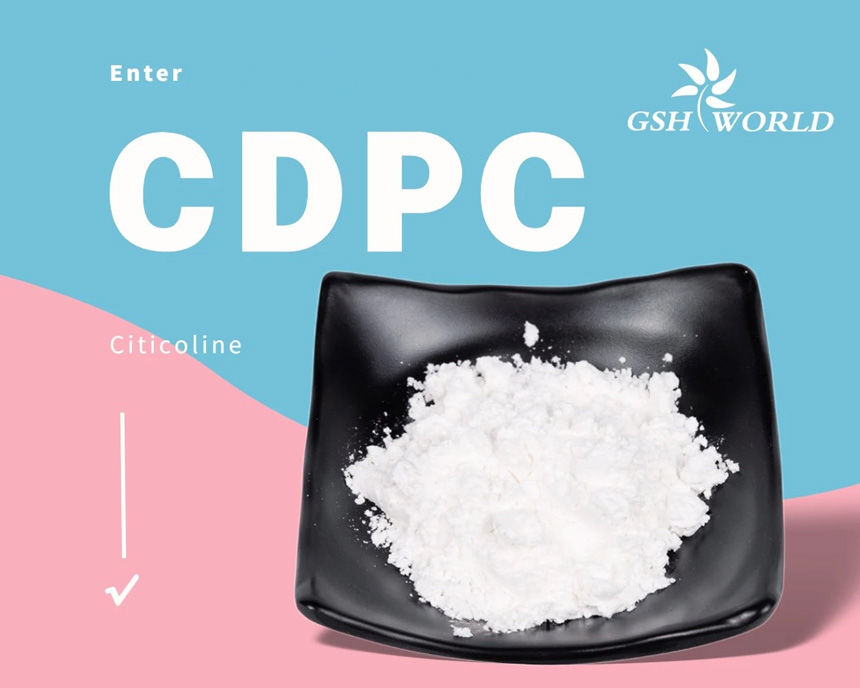
Ridit analysis further confirmed the difference in efficacy between the groups. This suggests that high doses of citicoline can not only provide better efficacy in the treatment of acute cerebral infarction, but also have relatively limited side effects, especially when the treatment is initiated earlier, the better the effect.
This study highlights the positive role of high-dose citicoline in the early treatment of acute cerebral infarction, and also points out that individual tolerance and safety should be considered in dose selection.
Part 4 Research and discussion
The study drew several key conclusions by comparing the efficacy and side effects of different doses of citicoline (500mg, 1000mg, 1500mg) in the treatment of acute cerebral infarction.
The study confirmed that high-dose citicoline can significantly improve the therapeutic effect in the treatment of acute cerebral infarction, especially in the early application. This means that the dose of citicoline is positively correlated with the therapeutic effect, and timely intervention can maximize the therapeutic benefit.
Although the therapeutic effect of high doses of citicoline is significant, side effects should also be concerned. In this experiment, one side effect of dizziness occurred in group C (1500mg dose group), and the symptoms were significantly reduced after reduction, which indicates that dose adjustment is an effective means to manage side effects.
The overall incidence of side effects was 1%, indicating that citicoline has a good safety in clinical use.
In terms of mechanism, ciphocholine, as a brain metabolic activator, has a mechanism of action including alleviating nerve membrane damage caused by cerebral ischemia, promoting phospholipid synthesis, reducing free fatty acids and platelet aggregation, reducing cerebrovascular resistance, increasing cerebral blood flow, and coordinating with other neuroprotective agents, thus effectively reducing cerebral infarction size and nervous system sequelae.
Large dose of citicoline can also improve microcirculation, enhance the function of brain ascending reticular activation system, and have a direct improvement effect on consciousness disorders.
It is worth noting that although foreign studies have shown that the incidence of side effects of nicolinoid drugs (citicoline belongs to this class) is low (about 2.2%), systematic statistics on side effects of domestic citicoline are still lacking.
Known side effects include headache, dizziness, mental disorders, induced grand seizures, vision loss, anaphylactic shock, etc. These information suggest that patients should be closely monitored in clinical applications.
In summary, high-dose citicoline shows good therapeutic potential in the treatment of acute cerebral infarction, but possible side effects need to be vigilant, especially in dose selection and patient monitoring need to be more detailed and individualized.
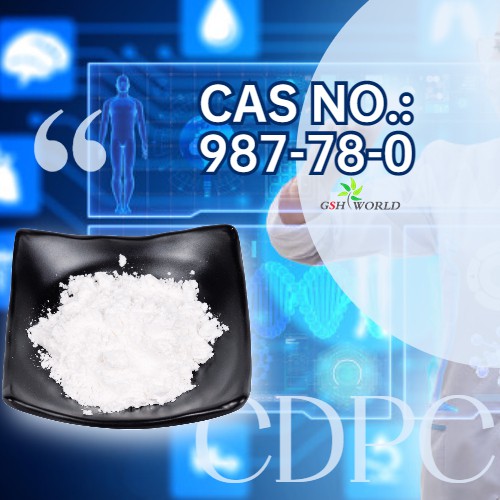
Future studies could further explore the use of different doses of citicoline in combination with other treatments, as well as long-term efficacy and safety assessments, to provide more comprehensive guidance for clinical use.
Part 5 Research conclusion
High dose citicoline is effective in treating acute cerebral infarction, and the earlier the treatment is started, the better the effect is.
In this study, a randomized controlled trial of 297 patients with acute cerebral infarction found that 1500mg dose of citicoline could improve the neurological function of patients more effectively than 500mg and 1000mg dose.
Although there was one mild side effect (dizziness) in the high-dose group, the symptoms were significantly reduced after dose adjustment, demonstrating that side effects were manageable and the incidence was low.
This study highlights the application value of high-dose citicoline in the early treatment of acute cerebral infarction, and points out that rational dose selection and side effect management are essential to optimize the treatment plan.
Citicoline Review content
Dr. Wang Yanwei published the article “Study on the efficacy and Side effects of different doses of Citicoline in the treatment of acute cerebral infarction”, which discussed the efficacy and safety of different doses of CDPC in the treatment of acute cerebral infarction through a randomized double-blind controlled experiment.
The results show that high-dose citicoline (1500mg) has a significant advantage in improving the neurological function of patients, and the effect of early application is better.
At the same time, the study also pointed out the side effects of citicoline, such as headache, dizziness, and stressed the importance of dose selection and patient monitoring.
The highlights of this study are: rigorous experimental design: the use of randomized double-blind controlled experiments effectively excluded the influence of subjective factors on the results, and improved the reliability and credibility of the research results.
Attention to the relationship between dose and curative effect: The difference of curative effect of different doses of citicoline was systematically compared, which provided a scientific basis for clinical dose selection.
Emphasis on early treatment: The importance of early application of citicoline was emphasized, which provided a reference for the treatment of acute cerebral infarction.
Safety concerns: The side effects of citicoline were analyzed in detail and management recommendations were made.
The study also had some limitations: the sample size was relatively small: the sample size of 297 patients may not be representative of all patients with acute cerebral infarction, and the generality of the findings needs to be further verified.
Lack of long-term efficacy observation: Studies mainly focus on short-term efficacy, and there is a lack of long-term efficacy and prognosis observation.
No comparison with other treatment options: The study only looked at the efficacy of citicoline monotherapy and did not compare it with other treatment options, making it difficult to fully evaluate its advantages.
All in all, this study provides a valuable reference for the use of citicoline in the treatment of acute cerebral infarction, but further expansion of the sample size, long-term efficacy observation, and comparison with other treatment regimens are needed to more fully evaluate its efficacy and safety.
Literature source:
[1] Zhu Zhengyu, Bi Jianzhong, Lai Chao, et al. Effect and side effects of different doses of citicoline in the treatment of acute cerebral infarction [J]. Henan Journal of Practical Neurological Diseases,2003,(04):41.


